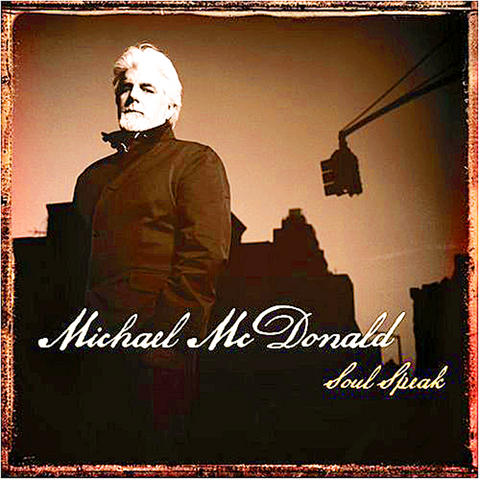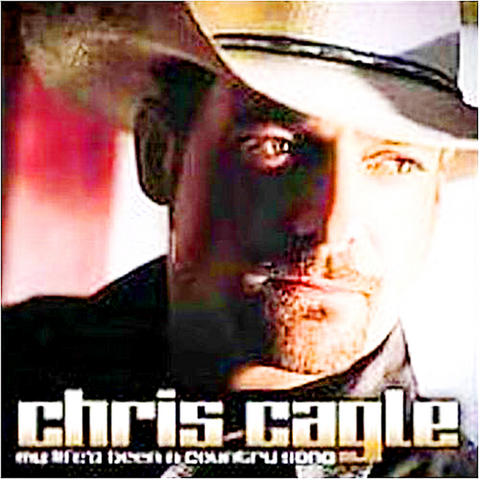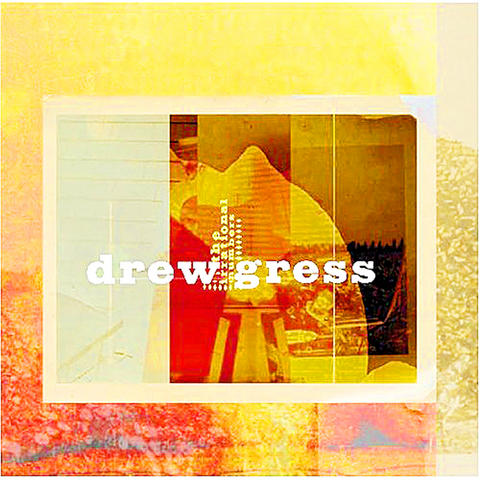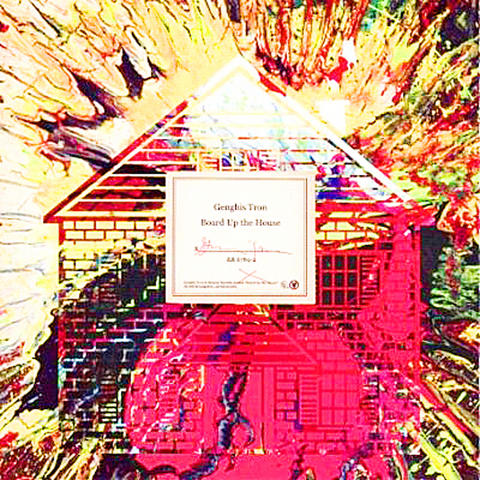| Michael McDonald stretches out just a little on Soul Speak, the latest in a trilogy of jukebox releases that began with Motown and Motown Two. Like its competent and commercially successful predecessors, this new record mainly confirms McDonald’s stature in the related realms of blue-eyed soul and adult contemporary pop. And despite some misguided song selections it’s the strongest of the three. Cover tunes can be a tricky business even for a veteran like McDonald, who stepped out as a solo artist only after memorable work with the Doobie Brothers and Steely Dan. Probably the worst thing for him here would be to evoke the contestants on American Idol. McDonald veers perilously close to that fate with a glib rendition of Bob Marley’s Redemption Song and a redundant take on Stevie Wonder’s Living for the City. But another classic associated with Wonder, For Once in My Life, works nicely, receiving the imprimatur of a harmonica solo by Wonder himself. And McDonald finds equally solid footing with (Your Love Keeps Lifting Me) Higher and Higher, a hit for Jackie Wilson.
|  SOUL SPEAK Michael McDonald March 4
|
| The funniest moment on Chris Cagle’s new album arrives somewhere around the 10-minute mark. He has just finished a brash Southern-rock song called It’s Good to Be Back, complete with screaming electric guitars and defiant lyrics: “I’m stone-cold on a roll/No one gonna tell me no.” In an instant the noise dies down, replaced by tinkling keyboards, the audio equivalent of raised eyebrows. Suddenly this stand-up guy is down on his knees, pleading, “I don’t wanna live without you anymo-o-ore.” Sounds as if someone did tell him no, after all. Cagle is a not-quite-A-list country star with an amusing problem: He doesn’t sing the way he seems. He portrays himself as a hardheaded, fun-loving troublemaker, but his high, quavering, sometimes whiny voice suggests a sensitive soul. His biggest hit is I Breathe In, I Breathe Out, a pretty breakup song that brings its singer to the verge of tears. My Life’s Been a Country Song seems to hint at the twists and turns in his biography. After all, this is a guy who once used his Web site to make a memorable announcement about his girlfriend’s new baby: “We have discovered that biologically, the child is not mine.” Sadly, the title track includes only vague references to “good times and hard luck.” |  MY LIFE’S BEEN A COUNTRY SONG Chris Cagle Feb. 19
|
| The center of gravity shifts constantly throughout The Irrational Numbers, an album of new compositions by the jazz-trained bassist Drew Gress. Some of the pieces deliver a definitive impact, while others coalesce and dissolve. Tempos buckle or shift, but just as often they stick, locking into a groove. Altogether the effort feels like some act of subversive diplomacy. If there’s still any line in the sand between “inside” and “outside” in postmodern progressive jazz, here comes Gress with his rake and trowel. Much of the music on The Irrational Numbers feels conceived for this ensemble; at the very least the album flatters the strengths of each player. Berne has his chance to slash and sprawl, while Alessi bores down on close details. They pair off on a handful of corkscrew themes, including a puckish hard-bop line that appears only toward the end of Blackbird Backtalk, like a truant slipping into class. Gress achieves a dynamic chemistry with his colleagues in the rhythm section, even when he leans into the solo spotlight. He elicits some slippery work on Chevelle and a skittering brand of propulsion on Neopolitan, bonding easily with both. Perhaps it’s natural that Gress would provide this album’s adhesive as well as its anchor, but the results still feel rewardingly like a surprise. |  THE IRRATIONAL NUMBERS Drew Gress Feb. 19
|
| There’s no drummer in Genghis Tron, the three-member metal band originally from Poughkeepsie, New York, and now in Philadelphia. This can be confusing; those sound like drums. Why don’t they just hire a real drummer? But then suddenly some other percussive noise comes in: a highly synthetic clicking or some deeply filtered splat. And then the band goes a step further with electronics, making a keyboard or a synthesizer act almost as a second guitar. Letting go of the old metal-band code of virtuosos playing in real-time helps these musicians: It lets the songs on Board Up the House, the band’s second album, take sudden bizarre turns and allows them moods and textures that cross genres. I Won’t Come Back Alive begins with addled, intricate electronica beats and ruminative singing, then flows right into abrasive, juddering metal by means of a hard electronic edit. Likewise City on a Hill, which can’t decide whether it wants to be poppish new wave or prog rock or screamo. Its music is a record shop in a blender, and the juxtapositions are giddy, energetic and smart. |  BOARD UP THE HOUSE Genghis Tron Feb. 19
|

Feb. 17 to Feb. 23 “Japanese city is bombed,” screamed the banner in bold capital letters spanning the front page of the US daily New Castle News on Feb. 24, 1938. This was big news across the globe, as Japan had not been bombarded since Western forces attacked Shimonoseki in 1864. “Numerous Japanese citizens were killed and injured today when eight Chinese planes bombed Taihoku, capital of Formosa, and other nearby cities in the first Chinese air raid anywhere in the Japanese empire,” the subhead clarified. The target was the Matsuyama Airfield (today’s Songshan Airport in Taipei), which

On Jan. 17, Beijing announced that it would allow residents of Shanghai and Fujian Province to visit Taiwan. The two sides are still working out the details. President William Lai (賴清德) has been promoting cross-strait tourism, perhaps to soften the People’s Republic of China’s (PRC) attitudes, perhaps as a sop to international and local opinion leaders. Likely the latter, since many observers understand that the twin drivers of cross-strait tourism — the belief that Chinese tourists will bring money into Taiwan, and the belief that tourism will create better relations — are both false. CHINESE TOURISM PIPE DREAM Back in July

Could Taiwan’s democracy be at risk? There is a lot of apocalyptic commentary right now suggesting that this is the case, but it is always a conspiracy by the other guys — our side is firmly on the side of protecting democracy and always has been, unlike them! The situation is nowhere near that bleak — yet. The concern is that the power struggle between the opposition Chinese Nationalist Party (KMT) and their now effectively pan-blue allies the Taiwan People’s Party (TPP) and the ruling Democratic Progressive Party (DPP) intensifies to the point where democratic functions start to break down. Both

This was not supposed to be an election year. The local media is billing it as the “2025 great recall era” (2025大罷免時代) or the “2025 great recall wave” (2025大罷免潮), with many now just shortening it to “great recall.” As of this writing the number of campaigns that have submitted the requisite one percent of eligible voters signatures in legislative districts is 51 — 35 targeting Chinese Nationalist Party (KMT) caucus lawmakers and 16 targeting Democratic Progressive Party (DPP) lawmakers. The pan-green side has more as they started earlier. Many recall campaigns are billing themselves as “Winter Bluebirds” after the “Bluebird Action”